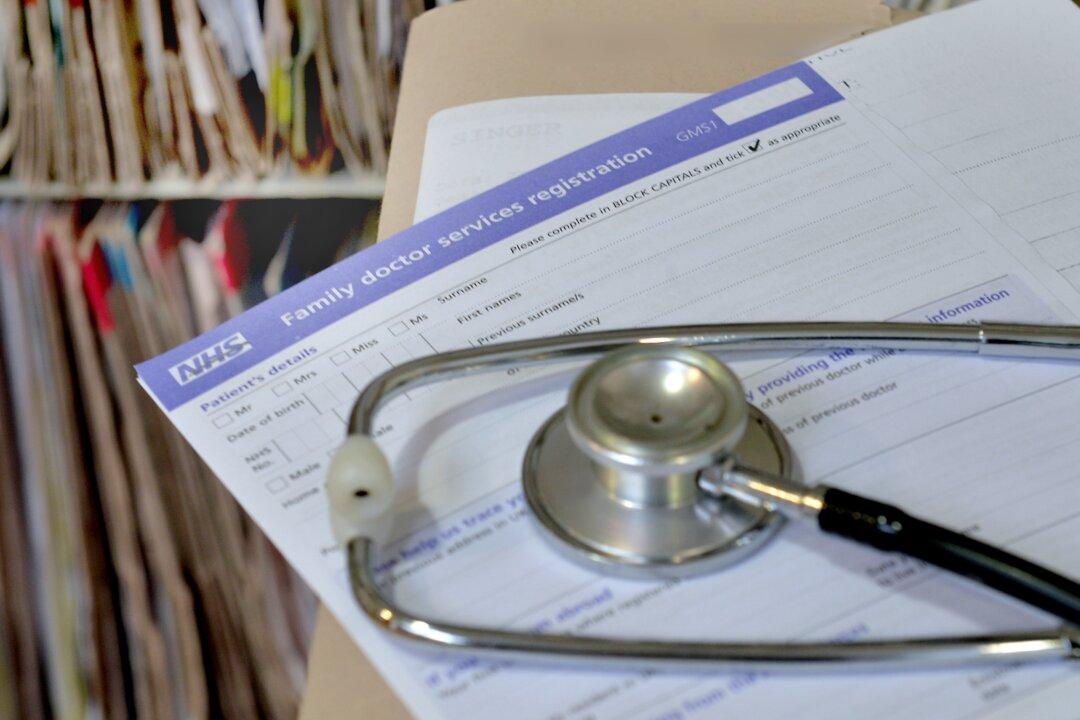Among primary care physicians in ten high-income countries, British general practitioners (GPs) were the most likely to feel stressed out in 2022, most likely to change careers in the near future, and least likely to meet patients in person, survey results show.
According to a study published on Wednesday, seven in ten (71 percent) GPs in the UK who responded to a survey in 2022 reported that the job was “extremely stressful” or “very stressful,” 11 percent up from the 2019 figure.





